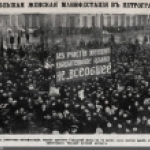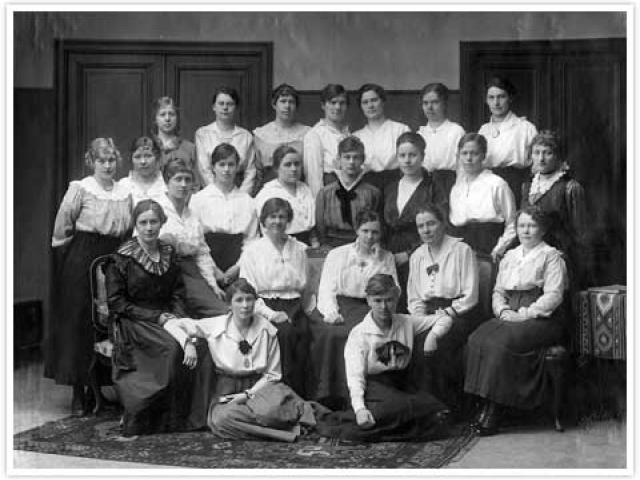- English
- Русский
To be a feminist. Feminist art agenda in Finland and Russia

To be a feminist. Feminist art agenda in Finland and Russia.
Lecture by Dr Katarina Lopatkina
Part of ‘The Russian Bar: Why Relocate? New approach to neighbourliness and interchange’ June events program
Art history is filled with names of male artists objectifying women. In XX century art they are best presented by Yves Klein using women's bodies as "living paintbrushes" for his Anthropometry series. But by the end of the 1960s female artists determined to break free from the art world's oppressive structures. They started express women's physical, mental and cultural experience and speak with their own voices. We will see how this process was developed - sometimes in opposite ways - in Finland and Russia in our lecture To be a feminist. Feminist art agenda in Finland and Russia.
Dr. Katarina Lopatkina is an independent scholar, specializing in history of art and culture of the XXth century and women art history. Lives and works in Helsinki. Previously worked as a deputy director of the Contemporary art department at the State Hermitage Museum (Saint-Petersburg, Russia), where she researched and curated more than 20 exhibitions (including Annie Leibovitz retrospective and the first Frida Kahlo exhibition in Russia). She also was a visiting professor at the Saint Petersburg State University where she taught several courses on art history.
The lecture will be held at the office of MONIKA – Multicultural Women’s Association, Finland is an NGO operating in the field of social affairs. It develops and provides specialized services for immigrant women and their children who have been subjected to violence, and acts as an expert and advocates in issues related to ethnic non-discrimination and violence, as well as promoting integration by supporting civil society activities for immigrants.



